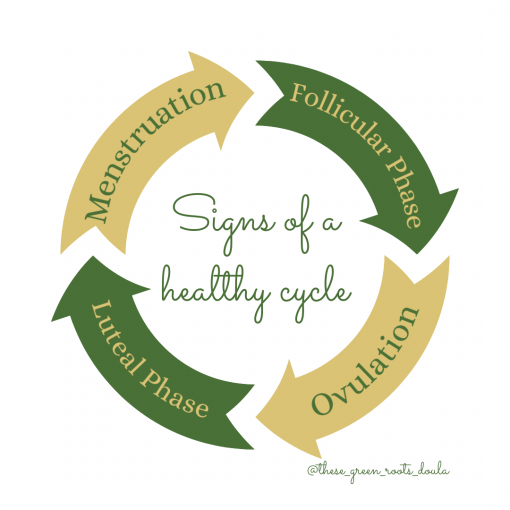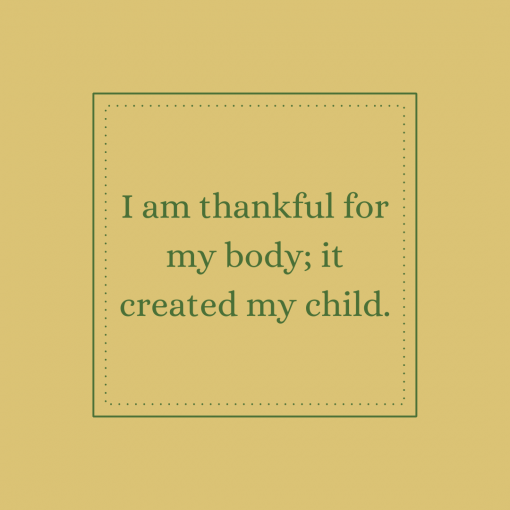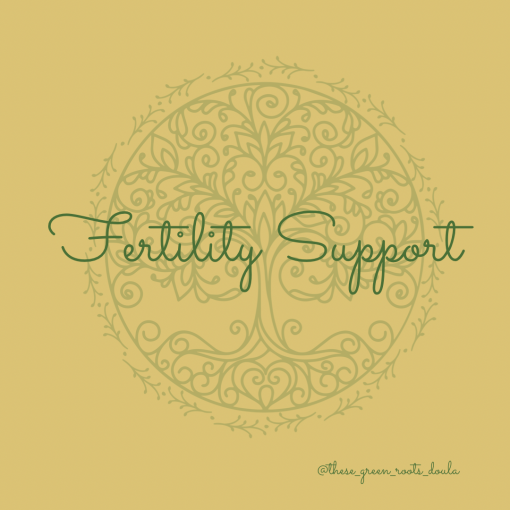We’ve all heard the saying that when you’re pregnant, you’re eating for two, but have you ever wondered just what you should be eating?
When you’re pregnant, there are several key nutrients that you need to ensure your consuming (and in sufficient quantities). The top five I discuss with my clients are:
Folic acid – Just like when you are trying to get pregnant, this is an essential nutrient that helps prevent birth defects. You’ll likely be getting it in your prenatal vitamins, but can also find it in leafy green vegetables like broccoli and asparagus, citrus fruits, and lentils.
Vitamin D – This is beneficial for the development of the baby, but is also important in protecting against early pregnancy loss. There are many reasons for miscarriage, but studies have linked vitamin D deficiencies with recurring early loss. This is another one that should be in your vitamins, but the best source is getting out in the sunlight (which gives you an extra reason to get outside for that afternoon walk).
Calcium – We all know calcium is good for our bones and teeth (and for baby’s), but it’s also important for your nervous system, circulation, and muscles. You can get calcium in dairy products like cheese and yogurt, as well as in your leafy greens like broccoli and kale.
Protein – Protein is a great building block, and helps support your baby’s growth. Good sources include meat sources, including poultry and fish, as well as lentils and other legumes. You can also find protein in dairy products, especially Skyr or Greek style yogurts.
Iron – Iron is essential in blood cell production, and since your blood volume increases during pregnancy, so does your need for iron. In addition to the usual meat products, you can also find iron in lentils, quinoa, and leafy greens such as broccoli and spinach. When you are consuming non-animal sources, try to pair it with vitamin C to aid in absorption.
Looking at this list, some of the super star foods are: broccoli, lentils, yogurt and citrus. Interestingly, although not overly surprising, we see that some of them are the same key players that stood out when we looked at foods for fertility.
How have you incorporated these foods into your pregnancy diet?




